Chinese State Councilor and Foreign Minister Wang Yi on Tuesday held a phone conversation with Canadian Foreign Minister Melanie Joly at the latter's request.
During their conversation, Wang said that the people of China and Canada have enjoyed long-term friendly exchanges, noting that Canada is one of the first Western countries to establish diplomatic ties with the People's Republic of China.
However, in recent years, China-Canada relations have suffered a serious setback due to the Meng Wanzhou case, which is something we do not want to see, Wang said.
The essence of this case lies in the U.S. suppression over Chinese high-tech enterprises by coercion, a shameful behavior that everyone could see clearly, Wang said.
No country should act as a facilitator of such unilateral bullying, and all countries have the right to make necessary responses, he added.
Noting that China always views and handles China-Canada relations from a strategic and long-term perspective, Wang said the current situation of bilateral relations is not in the interests of both countries, calling on Canada to face up to the problems and cooperate with China. He further put forward three proposals in this regard.
Firstly, Canada should view China positively and objectively with a steady and pragmatic China policy.
China's political system and development path are the Chinese people's own choices, which have inevitable historical logic and are in line with China's national conditions and its people's needs, said Wang.
China's development and progress are not only the legitimate right of its 1.4 billion people, but also an important part of the modernization of all mankind, he said.
China and Canada have no historical disputes or real conflict of interest. China hopes that Canada, in line with the goal of mutual benefit and win-win results, will do more to enhance mutual trust and promote bilateral relations, Wang said.
Secondly, the two countries should respect each other's core interests and not create new obstacles to the development of bilateral relations.
The one-China principle is the political foundation of China-Canada relations, Wang said, adding that if the Taiwan question is not handled properly, China-Canada relations will suffer fundamental damage.
China hopes Canada will adopt a correct attitude and position on issues concerning China's core interests, he said.
Thirdly, Canada should uphold its independence and eliminate unnecessary external interference.
Noting that the elder generation of leaders of the two countries broke through resistance and made a decision to establish diplomatic ties, Wang said there are many good stories and traditions in China-Canada exchanges that should be cherished and carried forward.
China hopes Canada will work with China to eliminate external interference, overcome difficulties and realize sound, stable and sustainable development of bilateral relations, he said.
The two sides also exchanged views on the Ukraine issue.
Noting that Chinese President Xi Jinping has made a comprehensive and authoritative elaboration about China's position on the issue, Wang said China calls on all parties to think calmly and rationally, create opportunities for peace and open up prospects for negotiations.










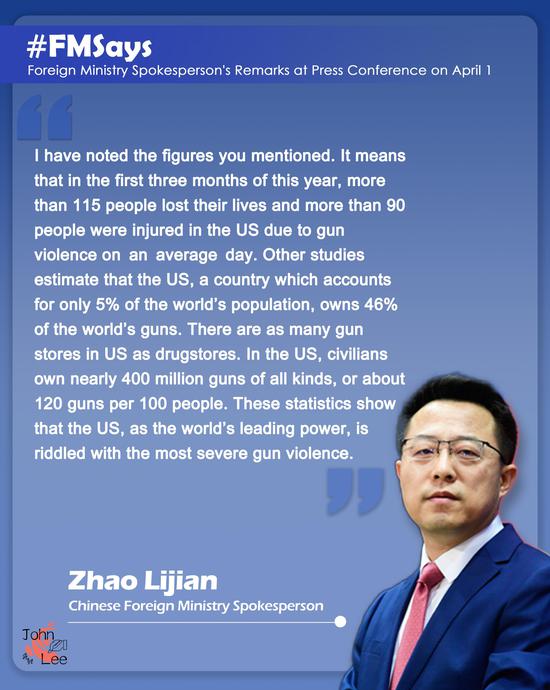
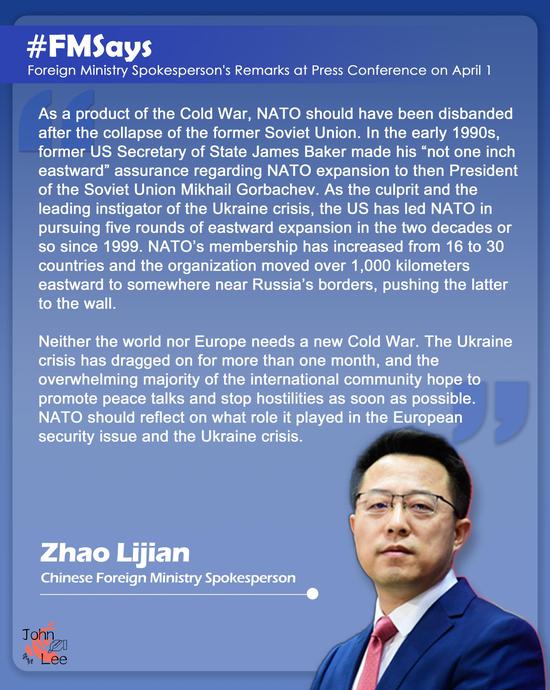

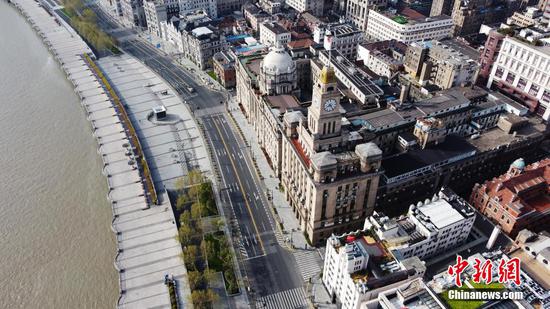



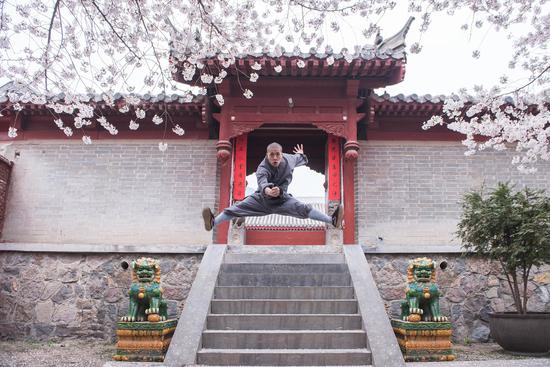
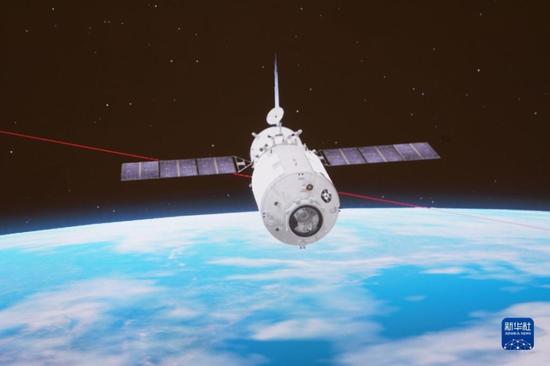


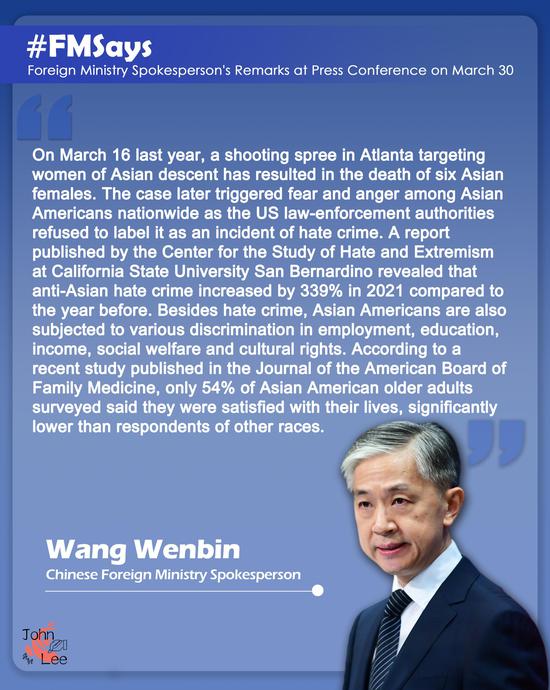
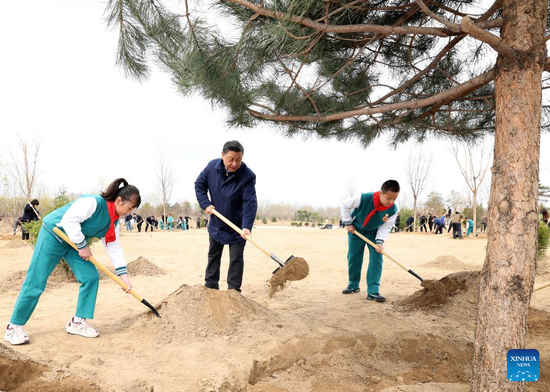
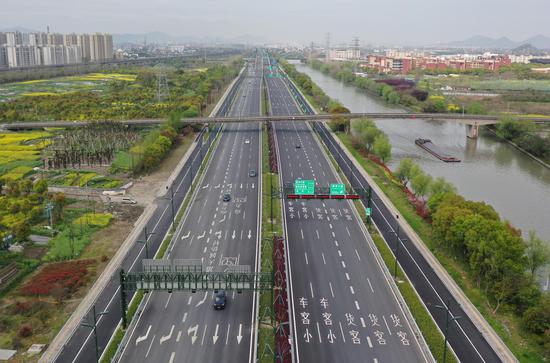



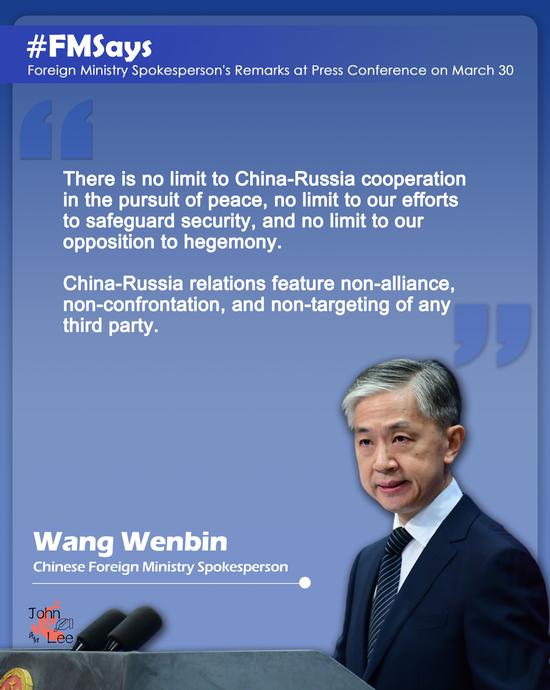


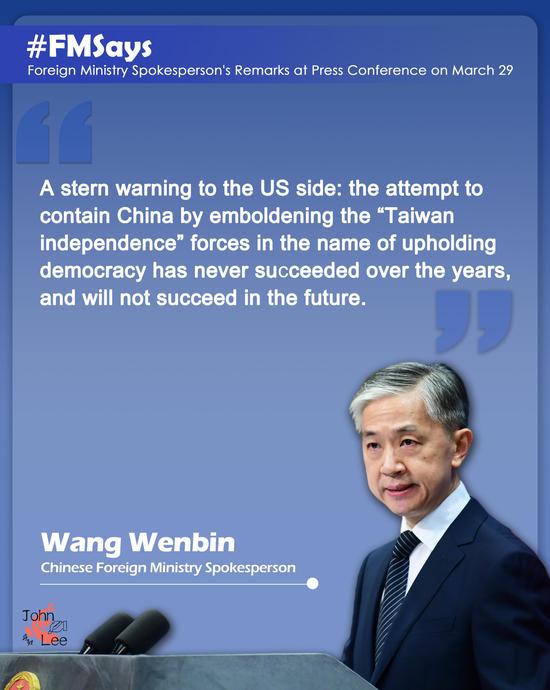
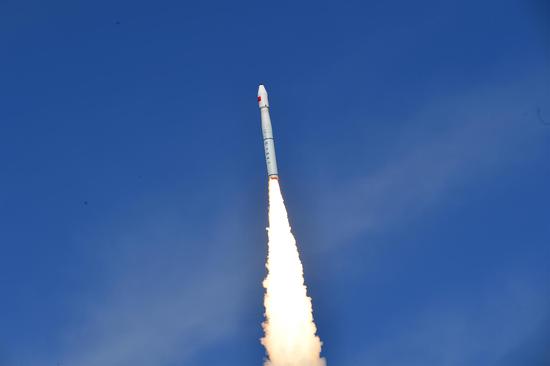
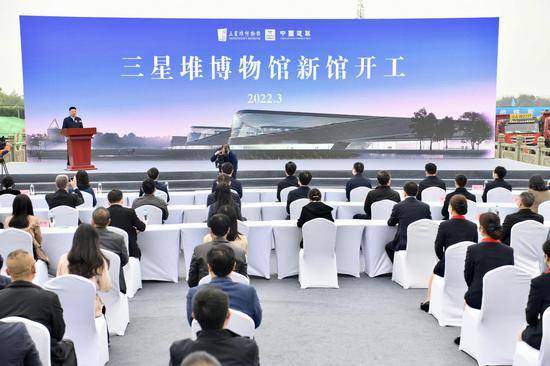
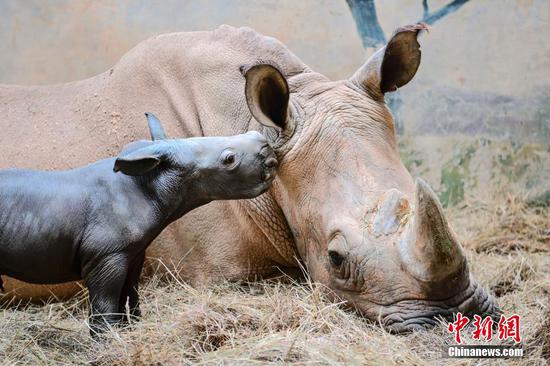


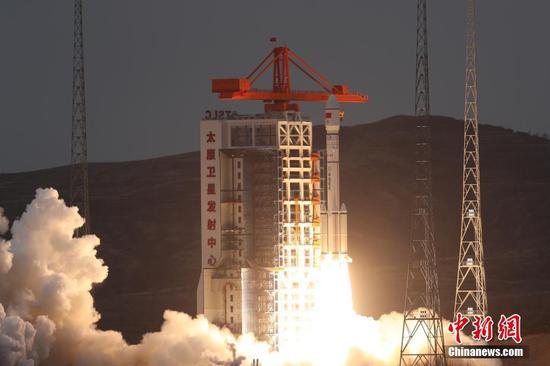

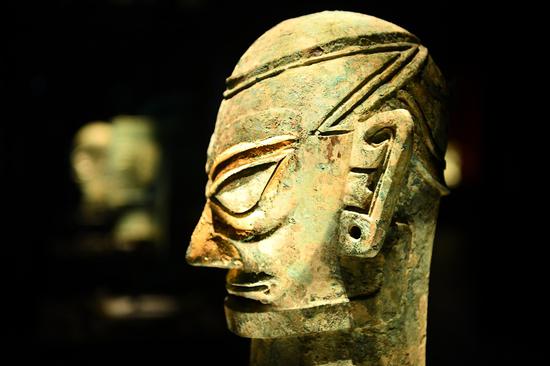


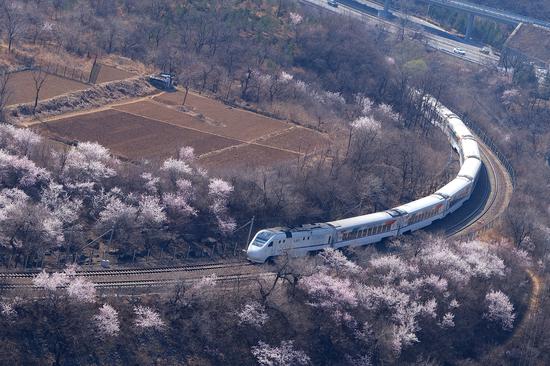
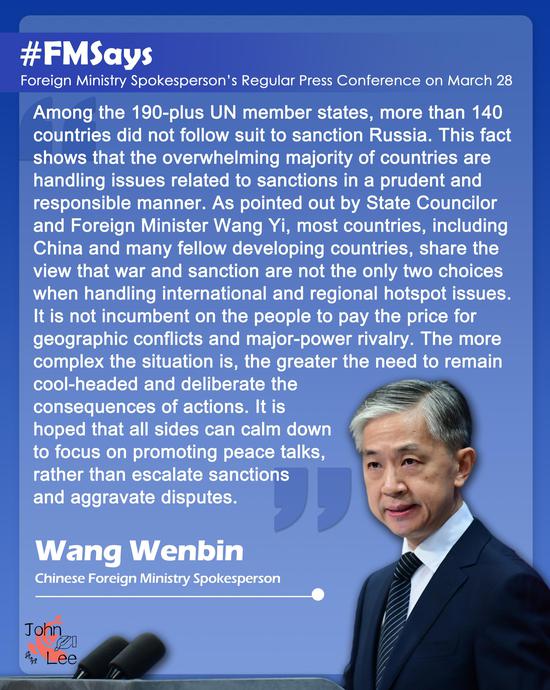
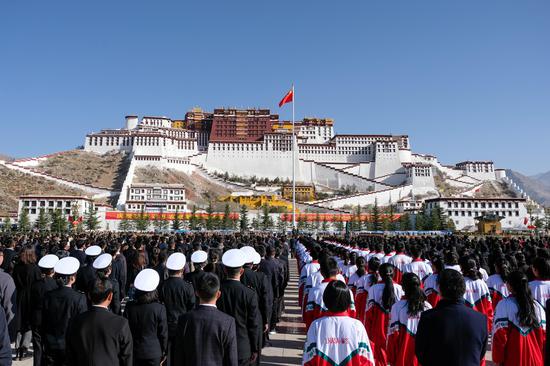






 京公网安备 11010202009201号
京公网安备 11010202009201号